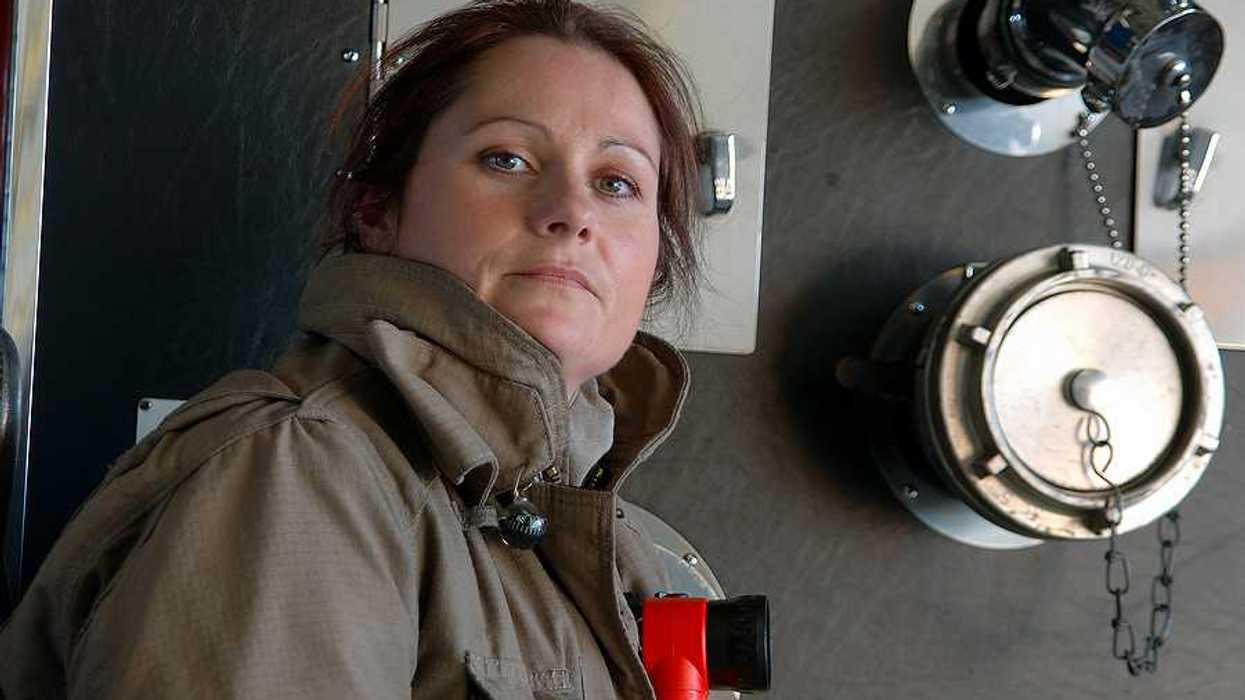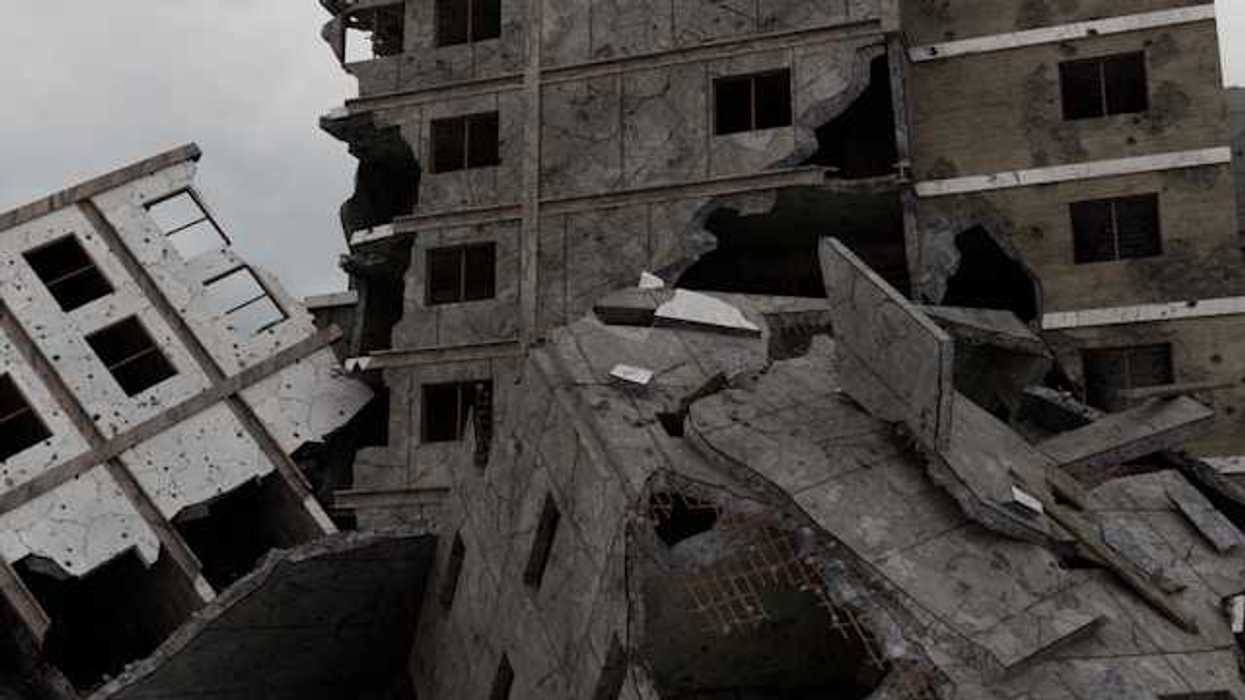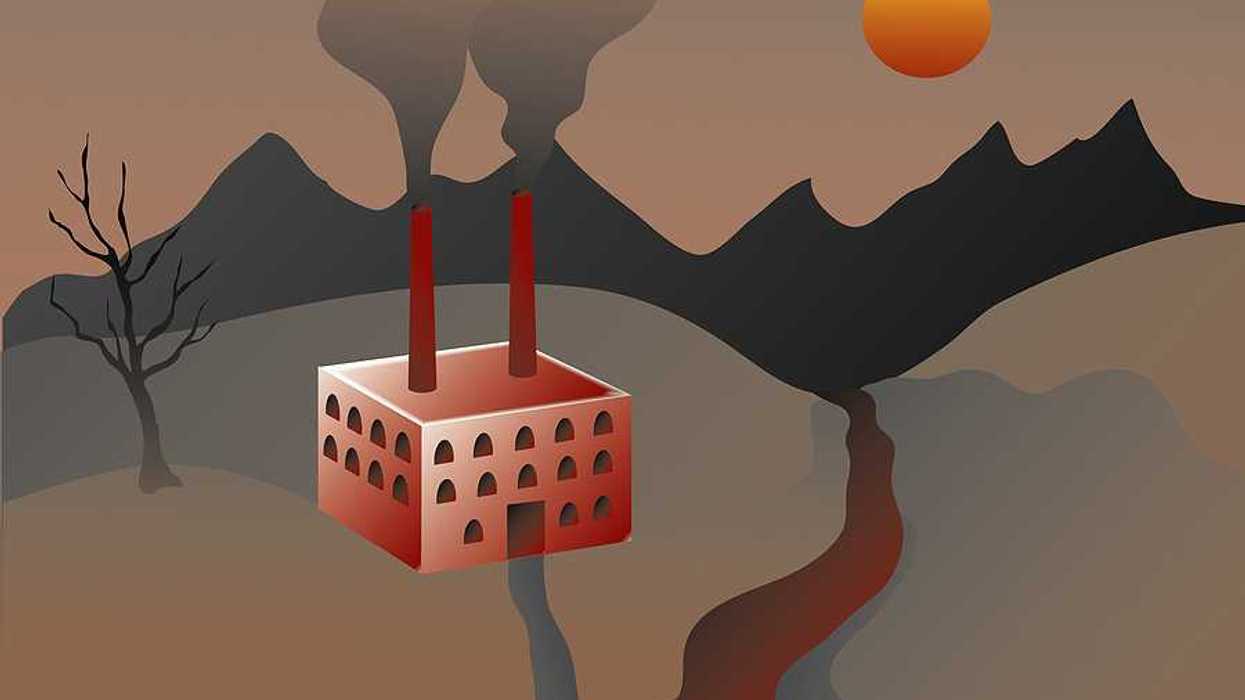Rising temperatures are pushing malaria-carrying mosquitoes to higher altitudes, posing a lethal threat to pregnant women in previously unaffected regions.
Zoya Teirstein reports for Grist, Vox and The 19th
In short:
- Papua New Guinea's highlands are seeing an increase in malaria cases as mosquitoes move to higher elevations due to climate change.
- Pregnant women in these regions are particularly vulnerable, with severe malaria increasing the risk of maternal and fetal complications.
- The upward shift of malaria mosquitoes threatens to reverse global progress in malaria control.
Key quote:
"When malaria hits new populations that are naive, you tend to get these explosive epidemics that are severe because people don’t have any existing immunity."
— Sadie Ryan, associate professor of medical geography at the University of Florida.
Why this matters:
Climate change is expanding the range of malaria, endangering pregnant women in highland areas who lack immunity. This trend emphasizes a need for enhanced malaria control measures and healthcare access in vulnerable regions. Read more: Coronavirus, climate change, and the environment.














